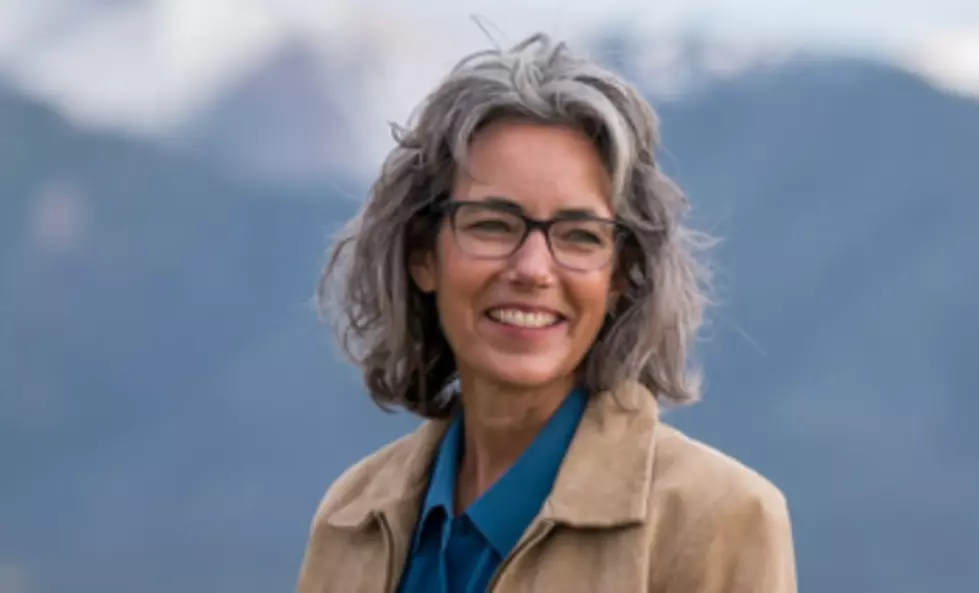
Kathleen Williams: Veteran issues are personal with father’s, husband’s service
For me, caring for our veterans is deeply personal. I was born at an Army hospital because my dad was a Lt. Colonel and a World War II veteran. My late husband, Tom, was a Vietnam-era veteran who served in the Army, too. When he went to Iraq for 17 months in 2009 to help rebuild their agricultural sector, active duty military troops kept him safe every day. I will always be thankful for allowing him to come home safe from a war zone.
Both my dad and Tom were very humble about their military service. I know the importance of bone-deep commitment to service and sacrifice, and the burden that often comes with that sacrifice after our nation’s soldiers come home. I know that taking care of our veterans and their families is a cost of war, and when our nation asks everything of those who serve, all of us owe it to them to see that they have access to the best services and treatment in the world. They’ve earned it.
It is not the job of elected officials to tell veterans what is best for them, it’s the job of elected officials to listen to veterans and then fight for the things -- health care, benefits, treatmen t-- they need.
That’s why, as a freshman legislator in 2011, when funding for the Southwest Montana Veterans Home in Butte was up for consideration, I knew right away this needed to get done. The only other veterans homes in the state were in Columbia Falls and Glendive, hours away, and 33,000 veterans in Southwest Montana were too far from the care those facilities could provide. I stood with Butte veterans and legislators on both sides of the aisle to vote to approve the funding for the facility.
That same year, I stood with veterans, Flathead residents, and a bipartisan coalition of legislators including Republicans like Ryan Zinke to protect funding for the Columbia Falls veterans home when radical partisans in the legislature tried to slash its funding by $3 million.
It’s why when Gold Star families--people whose loved ones paid the ultimate sacrifice for our nation--were having trouble purchasing homes, we worked in a bipartisan way to help make the dream of homeownership a reality.
And it’s why, when we could do something for Purple Heart recipients who wanted to pursue a higher education, I stood with Republicans and Democrats to help them do just that.
Unfortunately, my opponent, who served in the legislature with me, voted against these initiatives and the veterans they serve.
He voted against funding for the Southwest Montana Veterans Home and veterans across Montana. He voted to slash funding for the Columbia Falls veterans home by $3 million. He voted against Gold Star families trying to purchase a home and live the American dream. And he voted against those injured in war who wanted to go back to school.
In Montana, that’s not how we do things. We listen to our veterans and their families and we take care of them.
And as your Congresswoman, I will always listen to what Montana veterans need. I will show up in Washington ready to fight for them on day one, ensuring our veterans have a choice in their health care while preserving and improving the VA.
Especially in these turbulent times, when more and more is being asked of our military families, it’s essential we give our servicemembers a raise and that we support programs that help veterans get jobs and start businesses when they finish their service.
I will work with anyone to make life better for our veterans. If my party’s leadership stands in the way, I’m more than ready to take them on--and win.
I have driven nearly 100,000 miles across Montana since I announced my candidacy for Congress, and every time I meet a veteran I’m reminded of what I first learned from my father and my husband: ensuring our veterans received the care and benefits they’ve earned is one of our most sacred duties as a nation. And as Montana’s true, independent voice in Congress, I’ll make sure Washington makes good on its commitments to those who have served.
